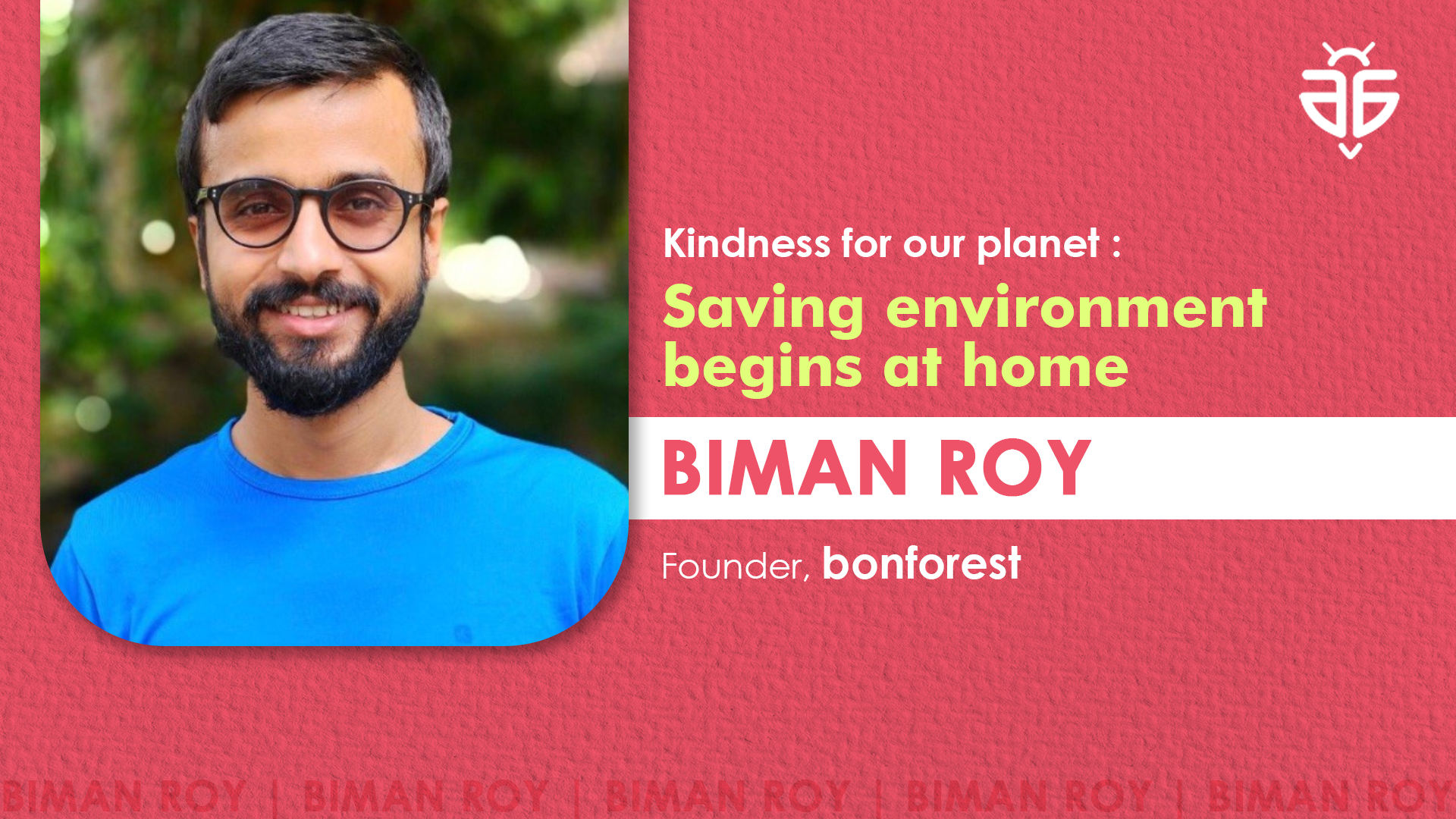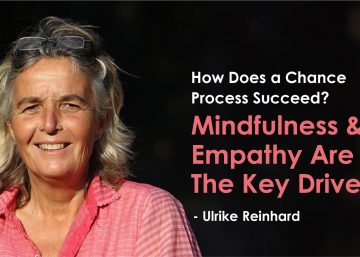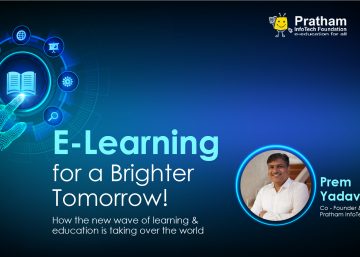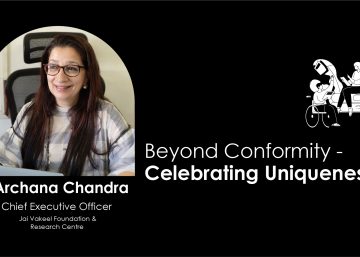When I moved to Sweden from India to do a Ph.D., I had to cook for the very first time in my life. Soon after that, I became interested to know the source of my food. What I found shocked me!
The way our food is being produced is destroying the planet and causing a lot of suffering to living beings. Lost habitat of orangutans in Indonesia for palm oil production, drying waterbodies for farming water intensive avocado, poisoning water from pineapple farming, human slaves for chocolate production, and inhabitable living conditions of factory-farmed animals are just to name a few of these sufferings.
I grew up in rural Bengal (India) receiving a lot of love and care from my family and neighbors. We got to spend a lot of time outdoors which made us fall in love with nature and her beings. All these made me believe I have empathy for the world. As an adult finding out the repercussion of my food choices impacts other beings was unacceptable! But when we eat, we eventually kill. This is such a
dilemma.
I like a quote by Kahlil Gibran very much on this topic.
“Would that you could live on the fragrance of the earth, and like an air plant be sustained by the light. But since you must kill to eat and rob the newly born of its mother’s milk to quench your thirst, let it then be an act of worship.”
The problem is not what we eat but how our food is being produced. It is done in a highly industrialized environment that is purely driven by big Agri based companies with the sole motive of making more profits. From this realization, I started growing some of my own food and gave more importance to buying food from small farmers. All these were happening at a junction of my life where I was questioning the meaning of life. At this point solving abstract research problems where I could not see any tangible impact to make others life better seemed absurd. I also realized the natural landscape of my village changed for the worse as the agricultural practices caught up with “modernization” with the rest of the world. These changes made our people (mostly farmers) in the village a bit richer but made them paupers in their hearts. The unity of the community falls fragile with such changes. All these inspired me to get back to my village and work with the land and the people.
To get more clarity of my vision I joined Kanthari, a leadership course for social change based in Trivandrum, Kerala. By the end of the training, I came up with my organization bon. In the local language bon, means forest. The goal of bon is to transform landscapes in and around human habitats into forest gardens.
A forest garden (alternatively called a food forest as well) is a human designed and managed landscape that looks like a forest and primarily produces fruits, vegetables, and herbs. The objectives of our endeavor are two folded: enhance local food and nutrition security; create many microclimates and habitats for local biodiversity.
When I started settling back into the village at the beginning of the year, I thought most people are not interested in growing food for home consumption. Through a lot of interactions and observation, I realized over half of the population trying to some part of their own food(especially in winter). Increasing food prices adding more impetus to “grow your own food”. Often, it’s the lack of the
resources (knowledge, seeds, time, and space ) to manage their land that creates hindrances to achieving our goal which they would like to achieve. Even though we are talking about growing food in forest gardens our goal is to see a change in
mindset in our societies.
For, we see this change in reconnecting humans with nature through these gardens. This will help humans to understand many of us to realize we are not part of nature, but we are nature! It is the disconnection from our true selves is one of the primary reasons we cause so much suffering to ourselves and to others.
This reminds me of what Ramana said when someone asked him how to treat others. In reply, he said, “There are no others”. To reach this oneness with the world one needs a lot of work.
We hope our work with nature helps people to treat each other with kindness as we start connecting with ourselves.
Click here to read more stories of change, awareness, inspiration and practising kindness!
aidbees works with 50+ NGOs across 10+ themes including environment, education, health, empowerment, etc. You can support them and join us in spreading the Kindness Revolution. Click here to explore more!
About The Guest Author: Biman Roy is a theoretical computer scientist and currently working in his village in Bengal to conserve biodiversity while producing food. He is the founder of bon (www.bonforest.org) – a non profit working to empower communities to grow their own food in small spaces while conserving the local biodiversity. Roy has spent multiple years across the globe researching on sustainability, food and conservation.







